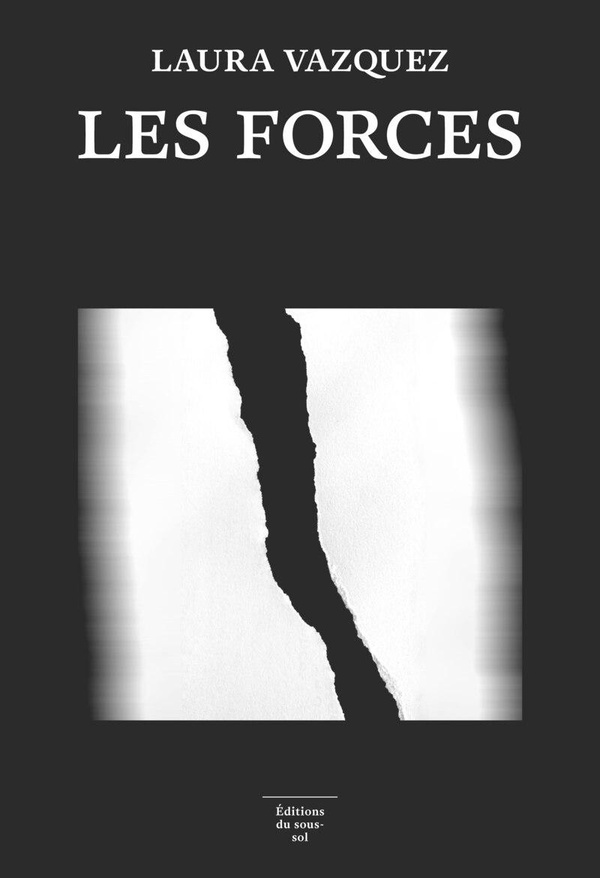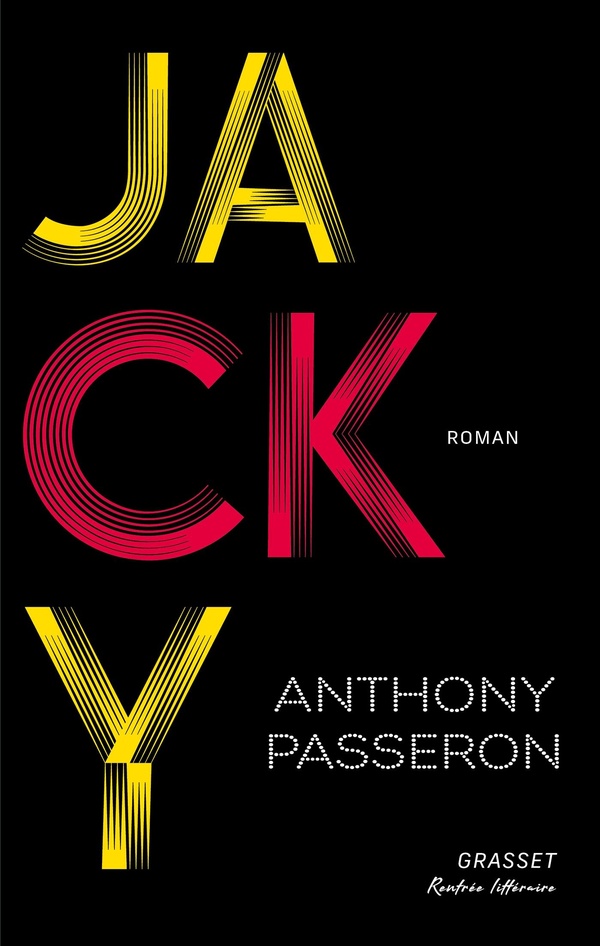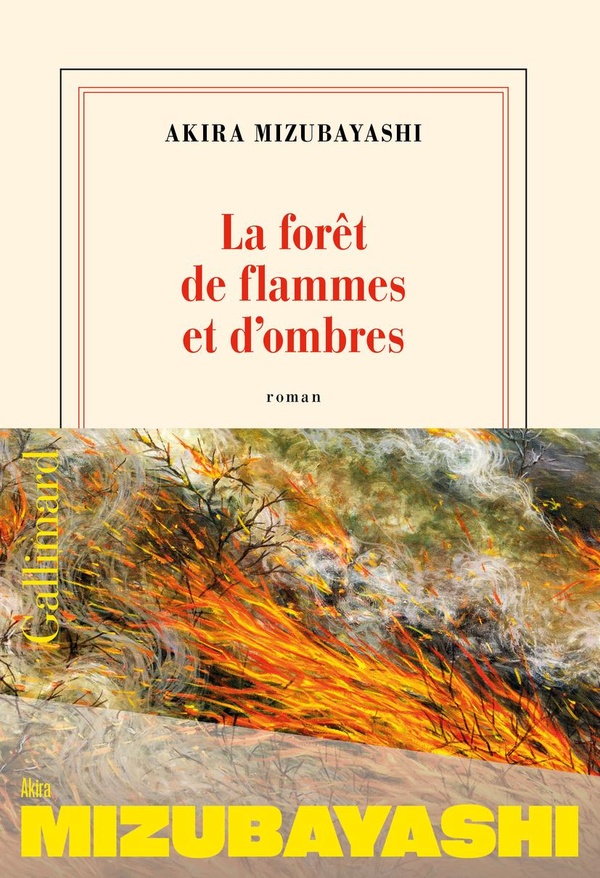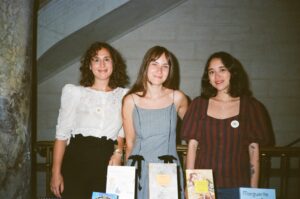Literary Fall Favorites

The French literary fall is underway with the first lists for all the major prizes announced. We have eagerly devoured books by stars such as David Diop, Anne Berest, Emanuel Carrère, and Laurent Mauvignier. But we wanted to suggest some of our other favorites which may have flown under your radar in such a packed season of releases.
Reading List
Laura Vazquez is best known as a poet. She was awarded the Prix Goncourt for her poetic works in 2023. Her first novel, La Semaine perpetuelle, betrayed her literary roots. It is labyrinthine and dark. But in this blazing sophomore novel, Les Forces, she fully finds her voice and her gift for language is matched by a sharp and propulsive narrative.
This a bildungsroman about a girl who cannot find her place in the world and who rages against its indignities. My childhood was very boring, she writes, and yet I didn’t kill myself. Her quest for meaning becomes its own kind of odyssey. She searches, cycling through love, fear, friendship, and cultlike forms of belonging. She falls in love with a girl she meets on a dating app and gets a nose ring to fit in with her friend group. These smaller rites of passage are balanced against wider existential questions, but never brushed aside.
Les Forces obeys its own kind of dream logic. Sometimes, it strays into a form of irreality that almost feels fantastical. But its dreamlike quality illuminates something about our own world and about what we all take for granted and what we tolerate. In their press, Les Editions du Sous-Sol compared it to Samuel Beckett and to Simone Weil and it asks similar questions about maintaining faith in living when faced with the surreal structures of our world, both violent and intimate.
Jacky, Passeron’s gorgeous loopy second novel, is about his father. In that sense, it follows the well-worn groove of autofictional exploration. The father is both near and far, just out of focus. Passeron tries to understand him and can’t quite get inside his head. As he did in his childhood, he therefore turns to video games, the liminal horizon of his generation. He mixes fact with fiction, memory with inquiry. Nintendo games become a kind of metaphor for growing up. As a child, Passeron spent bored hours with his sibling trying to speedrun the long years to adulthood by playing games. His father, who bought him the console to begin with, was also captivated.
Passeron’s first book, the excellent Les Enfants endormis, is also a familial study mixed with sociohistorical investigation – in that case, a family secret and the scientific breakthroughs around the HIV virus. Here, Passeron’s paternal family emerges as similarly complex, a vexed unit both unified around and separated by their silences. The novel is at its best when it balances these two narrative modes. Passeron’s personal writing is delicate and tender, his narrative nonfiction generous and expansive.
It’s in the throes of World War Two that Ren Mizuki, a painter, finds himself a new job in a post office where he meets Yuki, who’s also a painter and Bin, a violinist. The three will bond over their love for art and music. But in 1945, Ren enrolled in the military to fight in Manchuria in the Imperial Japanese Army. This will change him forever and he comes home mutilated / maimed, unable to do what he loves most : painting.
It’s with the unwavering support of his friends and his now wife, Yuki, that he finds his way back to his brushes, and paints a series of 15 canvases entitled A forest of fires and shadows, inspired by his time in the army and the destruction caused by war.
The book is dissected in different parts, all following different characters that were introduced in different stages. From the early years of Ren and Yuki’s marriage, with their daughter Aya and their beloved dog Hanna-chan to Bin’s move to Switzerland to follow in the footsteps of his
Throughout this book, Akira Mizubayashi weaves a connecting string between these three characters throughout the years. La foret de flammes et d’ombres is a story of love, resilience and bonds created through art and music.
La bonne mère is an incisive first novel, sharp and totally surprising. The “good mother” of the title is almost a question mark. It challenges the reader right from the start. How, the novel asks, can you hope to be a good mother when all your daughter wants is to live a life so different from your own that she might as well inhabit a different world?
Told from two perspectives, the Marseillaise mother’s and her ascendant Sciences-Po attending daughter’s, La bonne mère dissects class divisions with verve and brutal clarity. Clara, the daughter, falls head over heels for a pedigreed Parisian named Raphaël and wants nothing more to fit into his world, oscillating between shame and self-preservation. Di Matteo is interested in transfuge, or class mobility, but she seeks to understand not only what is left behind when you try to shed the skin of your childhood, but also what emerges.
A promising first novel from a talented new voice.






